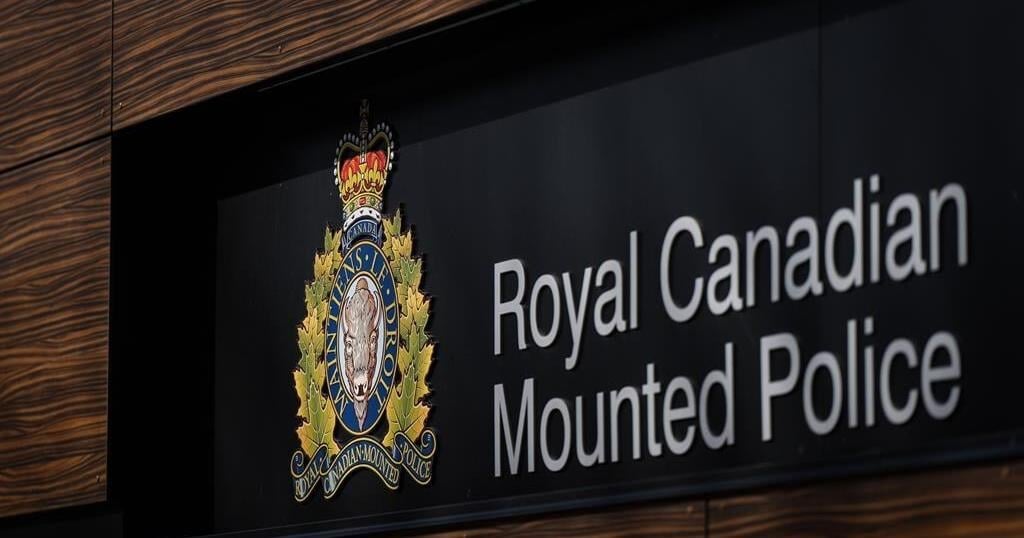Canadians could soon be paying around a quarter more for a 24-pack of beer thanks to the largest increase yet to a federal tax on alcohol.

The “escalator tax” is set to increase by 6.4 per cent on April 1 unless a change is announced before then, such as when the federal budget is revealed on March 28, according to food distribution professor at Dalhousie University, Sylvain Charlebois.
Charlebois told Global News that the tax, which was introduced in 2017, was designed to automatically increase over time based on the rate of inflation to avoid renegotiating it too often.
Given the amount of inflation Canada has experienced recently, the tax is now set for its biggest increase ever, he noted. Last year, the tax went up 2.4 per cent.
And while a penny a beer might not sound like much of a hike, industry experts say it’s one more factor pushing up costs for producers and distributors that’s likely to have ripple effects on what consumers pay.
Breaking down the cost increase
Charlebois predicts the tax will increase the price of a single beer by one cent, while the finance ministry told Global News in a statement that the amount would be three-quarters of a cent. Charlebois said that the price increase would be visible immediately after the tax is scheduled to be implemented on April 1.
Beer Canada told Global News in a statement that the tax increase will bring up the price of a 12-pack by 10 cents. For a 750 ml bottle of wine, the price could increase close to three cents, according to figures from the Canadian Revenue Agency.
In a statement to the Canadian Press, the Liquor Control Board of Ontario (LCBO) said that a 750 ml bottle of a spirit of 40 per cent alcohol by volume (ABV) may increase 70 cents. Charlebois said that the tax may have a smaller impact on the price of craft beer since it is lower volume and usually at a higher price, but could affect larger manufacturers more.
The tax could have a ripple effect on costs, as well.
Beer Canada said since the tax is a production tax imposed on the brewer at the point and time of production, “it is then magnified by other fees and taxes imposed by distributors, retailers, and provinces, including sales taxes,” making the impact on a 12-pack likely closer to 20 cents.
Along with other inflation factors, beer retail prices are projected to rise 10 per cent in 2023, according to the organization.
Beer Canada notes there has been a 60-per cent increase in barley prices, 40-per cent increase in packaging costs, and a doubling of freight costs.
Industry group Restaurants Canada told Canadian Press it estimates the tax increase will cost Canada’s food-service industry about $750 million a year, with the average casual dining restaurant expected to pay an extra $30,000 towards alcohol.
The carbon tax is also set to increase April 1 to $65 a metric ton of carbon from $50, which Charlebois said could impact alcohol prices as well since most producers do not have completely green supply chains. In addition, provinces individually typically increase their tax on alcohol, as well.
Overall, the escalator tax alone will amount to an extra $125 million a year that Canadians will pay to the government.
“It’s just one tax people don’t need right now,” Charlebois said. “It doesn’t seem like much, but it’s more that the tax burden is only increasing.”
“It’s a lot of pressure,” he added.
Industry calls for no tax increase
There is still the possibility the tax could be scrapped, Sylvain said, as lobbyists are moving against it.
Beer Canada says that Canada has the highest alcohol taxes among G7 nations, with about half the cost of a typical can of beer going to taxes, while up to 80 per cent of a bottle of alcohol is taxed, according to Spirits Canada.
The organization is calling on the federal government to freeze current alcohol taxes until inflation reaches closer to the Bank of Canada’s two per cent target.
“It’s do or die time in terms of action,” CJ Hélie, president of Beer Canada, told Global News. “April 1 is right around the corner and the question will be, does the government’s actions live up to their commitment.”
On March 22, MPs voted 170 to 149 in favour of a motion calling on the government to cancel the alcohol tax increase, sponsored by Conservative Leader Pierre Poilievre.
Helie told The Canadian Press that the escalator tax used to be “digestible” when it was around two per cent, but with more than triple the usual increase, it should now be reconsidered.
“When inflation is through the roof, we need to rethink this automatic formula,” Helie said. “The industry is already in dire straits. Using a rigid formula in a time like this is unacceptable.”
— with files from The Canadian Press

























